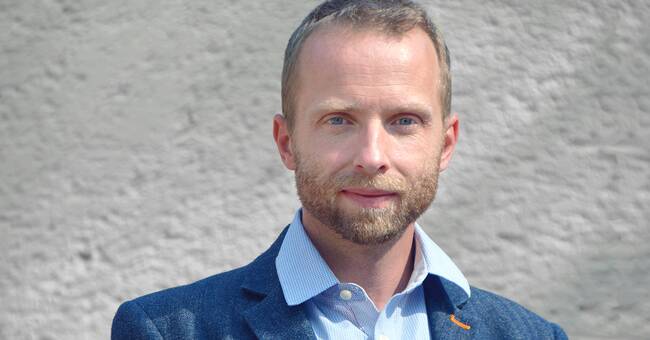But Kenya saw red immediately.
The country's president Uhuru Kenyatta has now said that the country will not accept the court ruling and he added that he is prepared to take any means to protect Kenya's borders.
That statement is extremely worrying for a region already plagued by the conflict in Ethiopia with all its proliferation risks.
East Africa does not need another powder keg.
Not the first time a court ruling has been dismissed
Kenya's rejection of the ruling also follows a pattern that does not bode well for international law.
Uhuru Kenyatta himself was indicted at the International Criminal Court (ICC) for his alleged role in the violence in Kenya after the 2007 elections. It is widely testified how the Kenyan state apparatus then made it as difficult as possible for the court to do its job.
Kenya took the matter further and successfully lobbied within the African Union for a mass withdrawal from the court, as it was considered to be targeting only Africans.
But so far, only Burundi has taken action.
The whole thing had slightly absurd consequences.
Sudan's Omar Al Bashir, internationally wanted for crimes against humanity in Darfur, where hundreds of thousands were killed, was treated as one of the gang and was invited here to South Africa when the African Union met.
Although he should be arrested as soon as he set foot in the country.
Western countries are also interested
I myself witnessed how his plane then took off towards the sky, like an outstretched middle finger facing the West.
For that soundtrack really exists.
The UN's international courts in The Hague are perceived by many leaders in Africa as tools for Europe to continue to rule over its former colonies.
And of course the countries of the western world are in the background even in the case of the disputed sea area.
The Norwegian oil company Statoil has negotiated with Somalia for rights to drill in the area and French Total Oil has bought rights from Kenya in the same area.
The whole thing is thus the only soup of oil and gas.
Somalia does not have much to oppose
Kenya now wants to "negotiate" with Somalia instead.
Kenya is a regional power that also militarily supports Somalia in the fight against the extremists in Al-Shabab.
The extremely fragile state building Somalia does not have much to oppose.
The ruling of the International Court of Justice is thus probably not the end of the dispute over an oil- and gas-packed sea area the size of Iceland.
Instead, it risks being the beginning of something much bigger and far more complicated.
And far below the seabed, billions are waiting for the victor of the battle.

